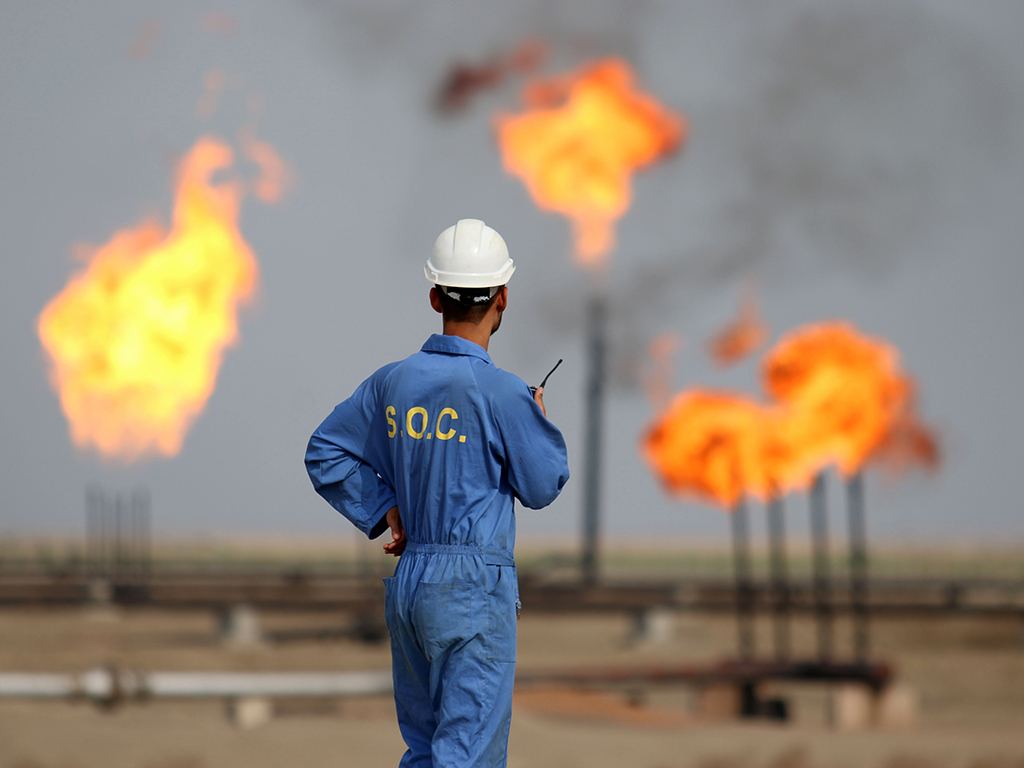Doha meeting ends with no deal
The world’s major oil producers failed to reach an agreement on freezing output, after the Saudis refused to allow Iran an exemption

A group of the world’s biggest oil producers failed to reach an agreement to freeze output on Sunday April 17, at a meeting in Doha. The meeting, which included officials from countries representing nearly half of the world’s oil supply, was widely expected to reach some sort of compromise on freezing output, in order to stabilise the past two years of soft oil prices.
Saudi Arabia’s tough line towards Iran would be the primary cause of an agreement failing to be reached. Iran had already decided not to send a representative to the meeting, while Saudi Arabia had signalled the day before that it no longer believed that Iran should be subject to any exceptions from freezing production.
Iran – following the onset of tough sanctions in 2012 that saw its ability to export oil severely curtailed – had lost significant market share over the past few years. Now that Iran has had many of the sanctions against it lifted, it hopes to increase its daily production by 700,000 barrels of oil per day.
Agreeing to any deal to freeze production would have made this impossible, meaning that Iran had hoped to be allowed some exemption, in order to recover its oil industry. While sources had previously suggested that the Saudis were open to the idea, at the meeting it was made clear that it was no longer prepared to allow concessions for Iran, dashing any hope of an agreement being reached.
Both Iran and attendees of the Doha meeting expressed disappointment. Oil producers had hoped that the price freeze would be the first step to a cut in production, helping to raise prices after an almost 70 percent decline since 2014 – which has wreaked havoc on the state budgets of many producer nations.
According to the Financial Times – Falah Alamri – the representative for Iraq, noted that his country was “very very disappointed”, and that “This will affect the [oil] price and our earnings. We wanted a deal.” Russia’s Oil Minister Alexander Novak, also noted his surprise at the change in demands from OPEC members in attendance of the meeting.
Markets were also dismayed by the decision, setting off a fall for both Brent crude and the West Texas Intermediate prices, each by over four percent. As a UBS economic research roundup note pointed out: “Oil agreements are often more honoured in the breach than in the practice, but oil markets are disappointed producers have not set themselves a target to aim at.”













